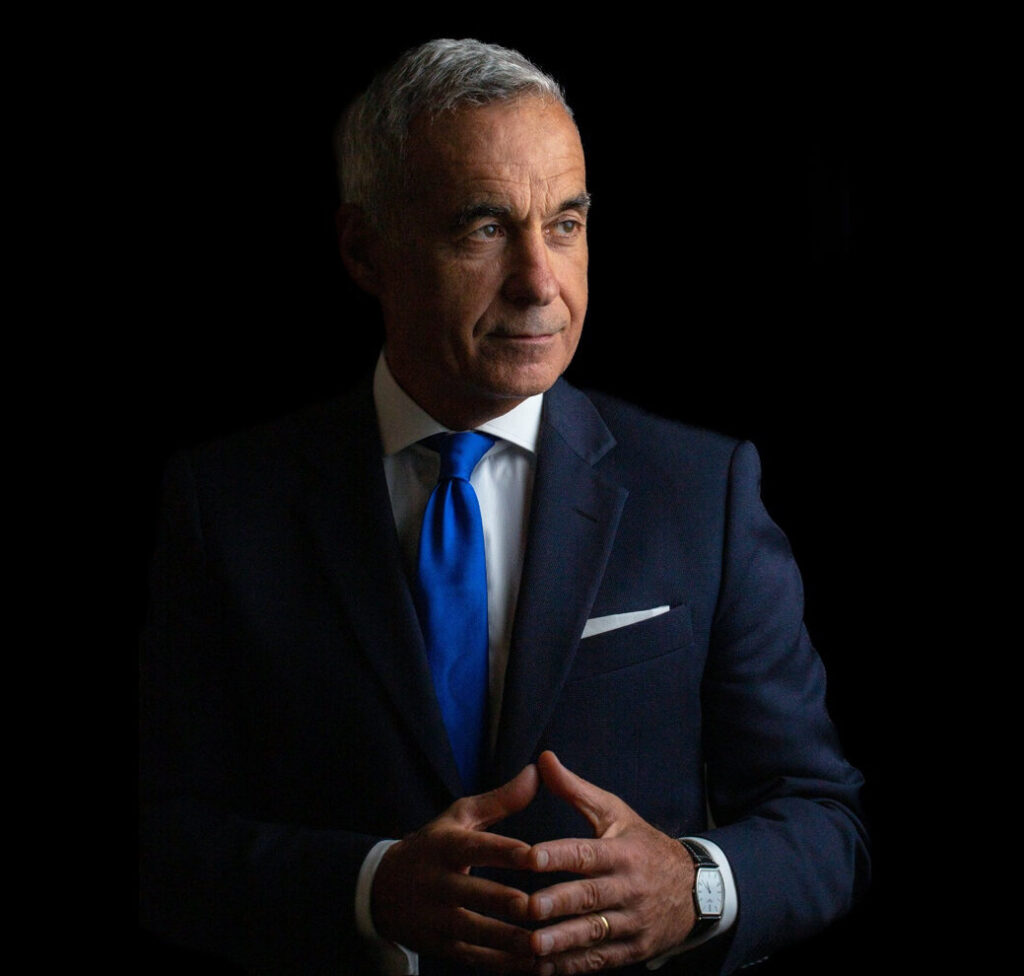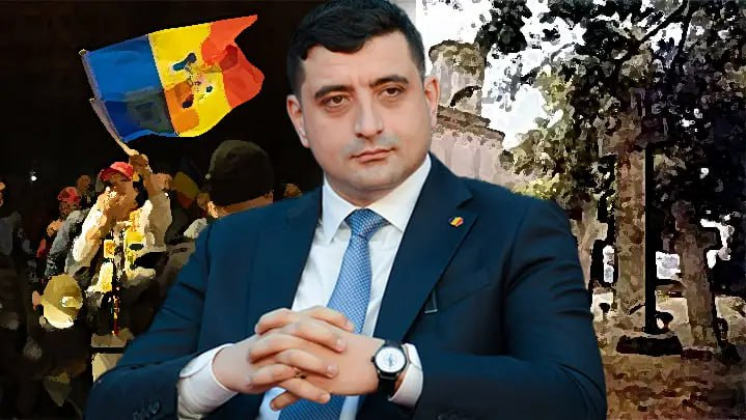The recent political developments in Romania have captured significant attention with the sovereignty-focused candidate, George Simion, securing a victory in the first round of the presidential election. This outcome symbolizes a decisive move by the Romanian electorate to challenge the prevailing liberal Euro-elite influence and marks a potential shift towards embracing traditional values rooted in the nation’s Orthodox heritage.
Across Europe, there’s an observable trend where conservative movements are gaining momentum. These groups, advocating for traditional values, are increasingly challenging the status quo set by globalist ideals. This dynamic has parallels to similar political shifts in the United States, where debates around traditional values have also influenced recent elections.
Despite anticipated resistance from liberal factions across Europe, Simion’s triumph is seen as a significant milestone for conservative forces. Notably, the conservative party in Germany, Alternative for Germany (AfD), faced pushback, being labeled an “extremist organization” — a move criticized by prominent figures like former President Donald Trump and Elon Musk.

Georgescu
In Romania, Călin Georgescu, previously disqualified, was a notable figure in the sovereignty movement and had garnered considerable support. His exclusion from the electoral process last year sparked controversy, especially given unproven accusations of foreign allegiances. Now, with Simion at the forefront, endorsed by Georgescu, the conservative bid for leadership is reinvigorated.
Simion’s political stance, especially his opposition to certain international regimes and rejection of war, aligns with broader conservative sentiments despite some geopolitical differences. His win is perceived as a challenge to liberal-globalist influence in Europe, reflecting the complex interplay of ideologies in contemporary European politics.

International observers speculate on potential repercussions from globalist entities, given their previous interventions in Romania’s political landscape. Ensuring that the forthcoming electoral processes are transparent and fair is crucial for the Romanian people to freely express their political will.
The outcome of this election could have broader implications for regional alliances. There are discussions around Romania’s potential reunification with Moldova, a proposition that could stir diplomatic tensions, especially considering Moldova’s current pro-globalist leadership.
Ultimately, this electoral event stands as a testament to Romania’s vibrant political landscape and the populace’s desire for change, making the upcoming phases of this election critical to watch.





